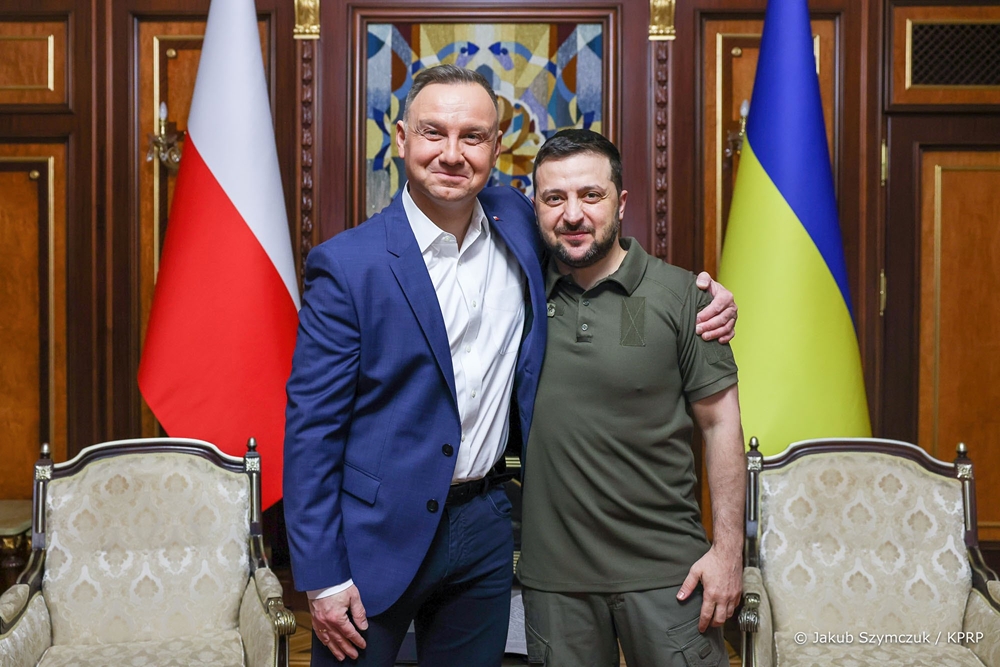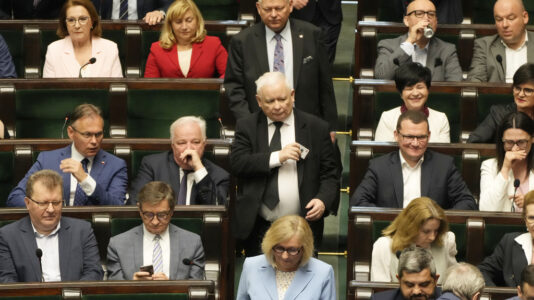Bartłomiej Radziejewski, a Polish political scientist and the head of the conservative think tank Nowa Konfederacja, shared insights from his visit to Kyiv, highlighting a significant shift in Ukrainian self-perception and international diplomacy. In his post on social media, Radziejewski noted that contrary to the past, Ukrainians are no longer looking up to Poland as a model but are increasingly seeing Poles as potential equals and partners.
The difference “compared to a few years ago is truly impressive,” writes Radziejewski. This newfound confidence, bolstered by Ukraine’s wartime efforts, has led to a more assertive stance in their foreign policy, particularly in relations with Western countries.
Radziejewski pointed out that while Poles often harbor a sense of superiority towards eastern neighbors and inferiority towards the West, Ukrainians have shed any such complexes regarding Poland. This change is not just a matter of national pride but has practical political implications.
According to Radziejewski, many Poles might still imagine that Ukrainians need their advocacy in dealing with the West, but this is far from the reality. Ukrainian diplomatic capabilities have matured to the point where they no longer require Polish mediation.
This evolution in Ukrainian self-assurance and international dealings, Radziejewski argues, should prompt a reevaluation of Poland’s approach towards Ukraine. He advocates for an abandonment of any patronizing attitudes and calls for a more realistic political engagement that respects Ukraine’s capabilities and sovereignty.
This shift would not only recalibrate Polish-Ukrainian relations but could also lead to a more balanced and mutually beneficial partnership. Radziejewski’s observations suggest that reducing moralistic enthusiasm and paternalism, particularly from a position of perceived superiority, will be crucial for fostering healthier bilateral interactions.






